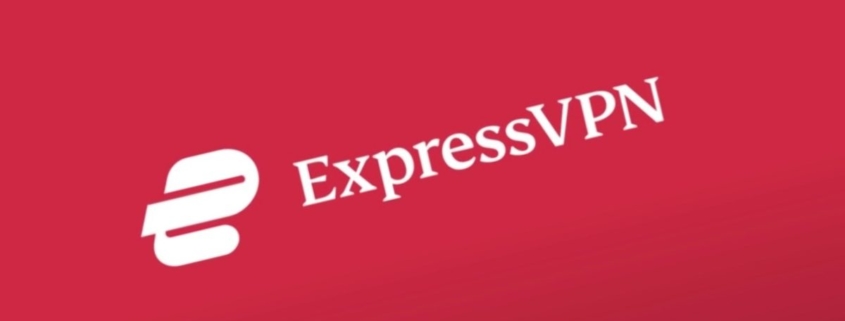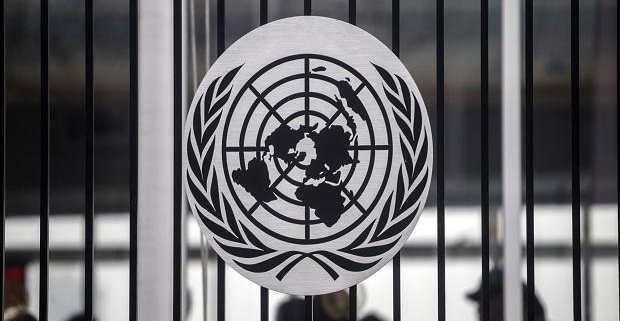Data Breach Notification Laws in the United States: What is Required and How is that Determined? | Burr & Forman
Has your business considered what obligations you would have to notify people in the event of a cyber-attack that compromises some or all of your IT systems? Have you cataloged all the data you collect and where it is stored so that you can determine whose information is impacted by a breach? If not, you are certainly not alone. With the continuing increase in cyber-attacks and particularly ransomware, combined with laws that are imposing shorter and shorter notice deadlines, it is important for all businesses to understand the scope of their potential notification obligations in the event they fall victim to an attack.
Breach Notification Laws
Breach notification requirements obligate organizations that are collecting, storing, processing, or otherwise in possession of personally identifiable information to notify the individuals if the information is compromised in a security breach. In addition to notifying the identified individuals, many states require that the Attorneys General offices and the Credit Reporting Agencies be notified, depending on how many identified individuals in the state received notices. If you are missing contact information for some of the identifiable individuals, if the number of identified individuals is particularly high, or if the cost of the required notifications is excessive, you may have the option to, or be required to, provide substitute notice in lieu of or in addition to individual notices. In most cases, substitute notice requires notification to be placed prominently on your website as well as distributed through the media, in print, on television, and/or by radio.
In the United States, certain Federal Laws govern obligations to report data breaches in particular industries, including:
- The Health Insurance Portability and Accountability (HIPAA) Act provides notification requirements for a security breach that compromises protected health information held by a covered entity or its business associates.
- The Gramm-Leach Bliley Act (GLBA) requires covered financial institutions to notify customers whose non-public personal information is compromised by a security breach.
- The Computer-Security Incident Notification Requirements for…



